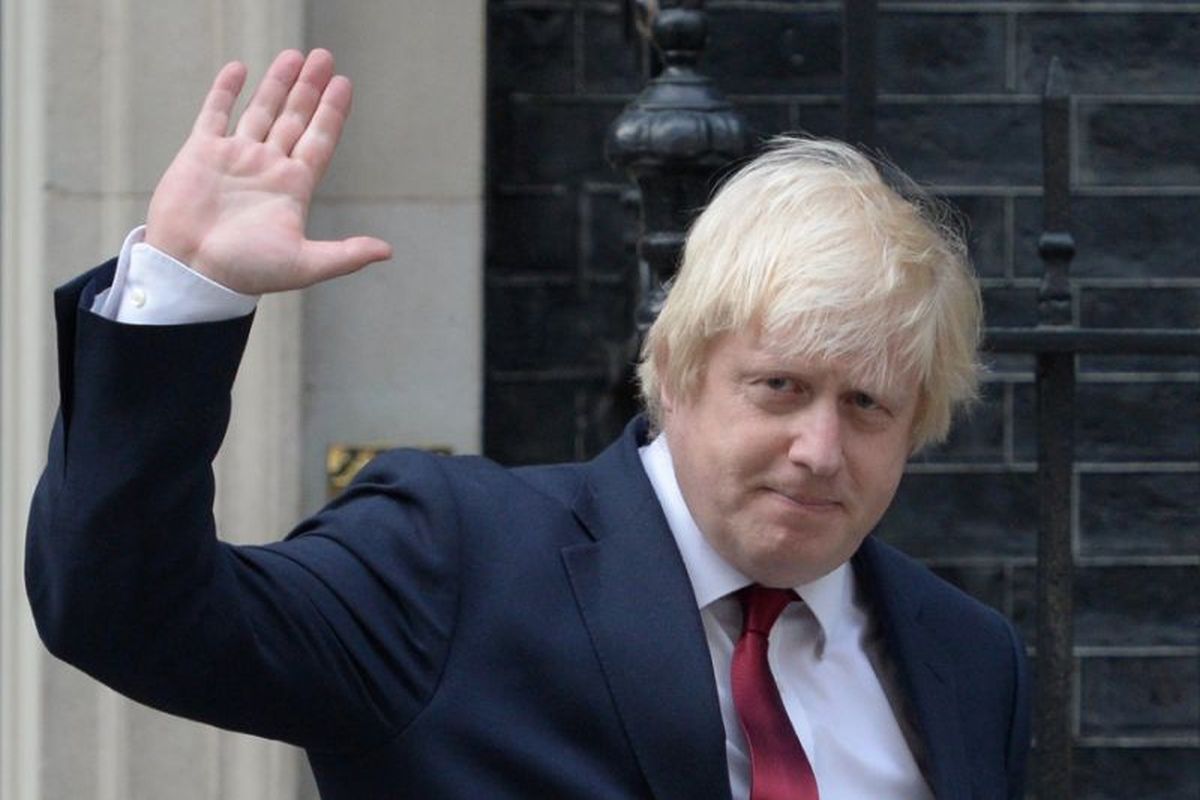The era of the defectors
Ajit Pawar became deputy chief minister, and a handful of MLAs who defected with him were given ministerial posts. The venal move is presumably aimed at foiling opposition unity.
Mr Johnson is expected to be announced as the victor over Jeremy Hunt in the vote of Conservative members.

Boris Johnson (Photo: AFP)
Britain is inching towards a crisis yet again. It is a perilous climate for Theresa May’s expected successor, Boris Johnson, and 24 hours ahead of the Conservative party’s election, the drive to 10 Downing Street may not after all be as smooth as imagined.
Far from a grandstanding over a midterm change of guard, the entry is set to be dampened by the resignations of senior ministers. Pre-eminently, Philip Hammond, the Chancellor, and David Gauke, the Justice Secretary, have let it be known that they will step down on Wednesday, immediately before Johnson is likely to head towards Buckingham Palace.
The apple cart has been rocked fair and square, and Sunday’s development comes amid predictions that the Conservatives’ already waferthin working majority of three in the House of Commons could entirely disappear by the time MPs return from their summer recess, not the least because of the anticipated defections to the Lib Dems. With Brexit still shrouded in uncertainty ~ despite the 31 October deadline ~ the Conservatives appear to be inching towards a state of unsplendid isolation.
Advertisement
On Tuesday, Mr Johnson is expected to be announced as the victor over Jeremy Hunt in the vote of Conservative members. He will formally take over as Prime Minister the next day, after Theresa May’s valedictory presentation. However, the occasion’s traditional gloss will be removed with the promised resignations of Philip Hammond and David Gauke.
The exit of ministers can be contextualised with speculation in London that other ministers who are opposed to a no-deal arrangement, such as the international development secretary, Rory Stewart, could follow. Hammond has been fairly explicit on why he prefers resignation than continuing under Johnson ~ “I understand that his conditions for serving in his government would include accepting a no-deal exit on 31 October, and that’s not something that I could ever sign up to.”
He insisted that his only aim would be to stop a Johnson government forcing through a no-deal without the explicit consent of MPs, for example by proroguing Parliament. “This is a parliamentary democracy, and if the new Prime Minister can persuade Parliament to vote for a no-deal exit, then I will have to accept that,” he said. “But we can’t have wheezes like suspending Parliament or proroguing Parliament in order to deny Parliament its voice.”
Similar sentiments have been echoed by the Treasury secretary, Gauke, who has made it clear that he cannot serve under Johnson. Clearly, it is the voice of the legislature in the fountain-head of democracy that is now the contentious issue… in parallel with Brexit. The British cabinet is in crisis even before the next Prime Minister takes office. While the exit from the European Union remains a subject of contestation, fairly definite is the imminent exit of key ministers.
Advertisement